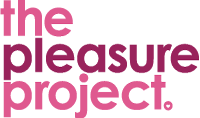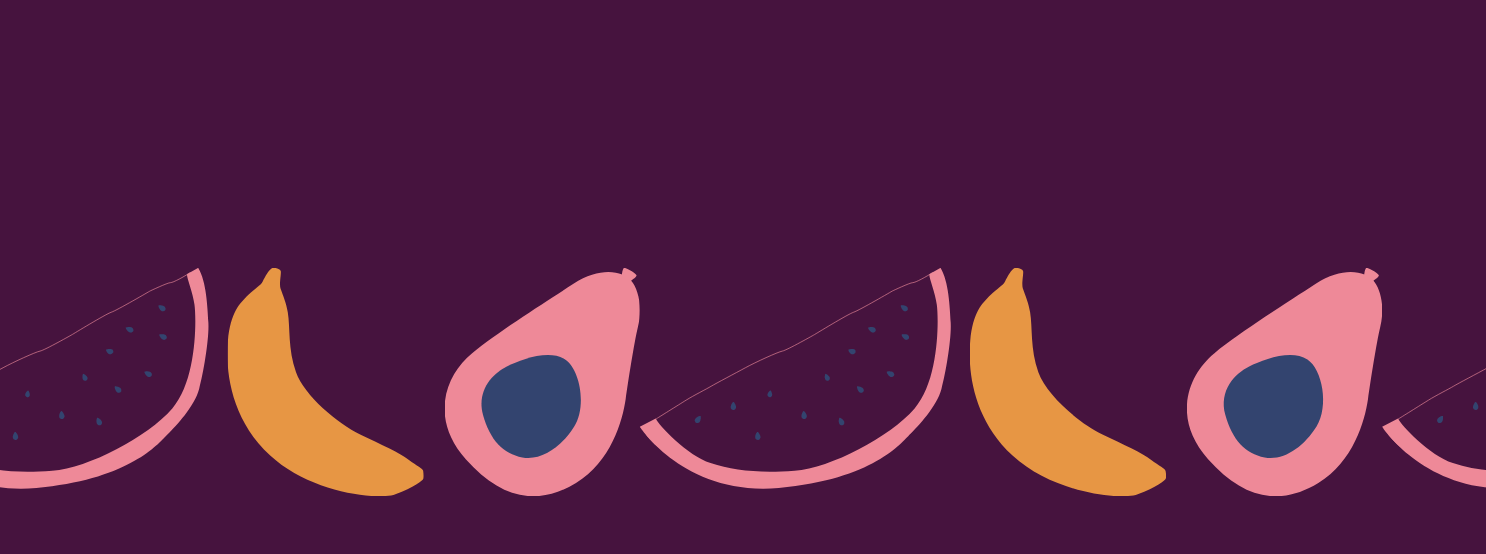The highlight of my day today was watching the Global Village youth debate: “Sex is more pleasurable when it is safe!” This moderated discussion on SRHR is one of the 3 sessions listed in our pleasure session spotlight. So, it is safe to say that today I found some pleasure at #AIDS2020.
The discussion was led by sexual health professionals that work with young people on various sexual health experiences and issues. One of the main speakers was Abubaker Bukulu, of Reproductive Health Uganda.
Information Note: unfortunately due to the online nature of these prerecorded sessions, in some cases the internet connection will cause delays and cuts in the sessions. In this case, the connection of some participants caused me to miss some comments and overall I was not able to fully hear the names and representative organisations of the panelists. The following discussions are based on the session as a whole, but I wish I could have attributed them to the individual speakers as well.

The first part of the session focused on the links between pleasure and safe sex. It was discussed that you cannot have pleasure without safety. They described pleasure being able to have psychological and emotional fulfillment as well as physical pleasure. This meant that being able to have “peace of mind” after sex, knowing that took the necessary precautions against risks.
They stated: Can we have that satisfaction if disease was a result?
The session then moved towards a discussion on whether HIV status affects young people’s sex lives. It was stated that it is important to make sure that HIV positive young people need to know that they are not defined by their status and they can still engage with the community, other young people and potential partners.
The panelists were asked if their parents talked to them about pleasure or just safety. It was agreed that pleasure is still a taboo in many countries. However it is important for parents to speak to their children about pleasure and sex appropriately, so that they are better prepared to take on their own sexuality and empowerment over their own pleasure. If parents talk about these gaps in education, it will stick with them.
Not only did this session discuss pleasure, they spoke of the importance of CONDOMS (yay!). Panelist started to debunk the myths of condoms: breakage, size and performance. If you know how to use them right and are given the proper information on them, they work. Condoms are one of the most accessible and cheapest forms of contraception; especially to those living in rural areas.
“Sexual rights are embedded in human rights.”
The last area of discussion was about the intertwined nature of pleasure with other sexual rights. It was stated that pleasure relates to issues of consent and sexuality; it is the right of a person to understand their body and their sexuality, so that you can navigate your body (this empowerment can maximise pleasurable experiences). Although there are different cultural, societal and religious considerations when it comes to discussing pleasure, they agreed that pleasure needs to be written back into the discussion of SRHR.
“We cannot alienate pleasure from the other sexual rights…”
This was another important session to be featured at #AIDS2020. This momentum will hopefully allow more pleasure inclusive sessions to be added in the future, and I look forward to seeking out more pleasure the rest of this week!

